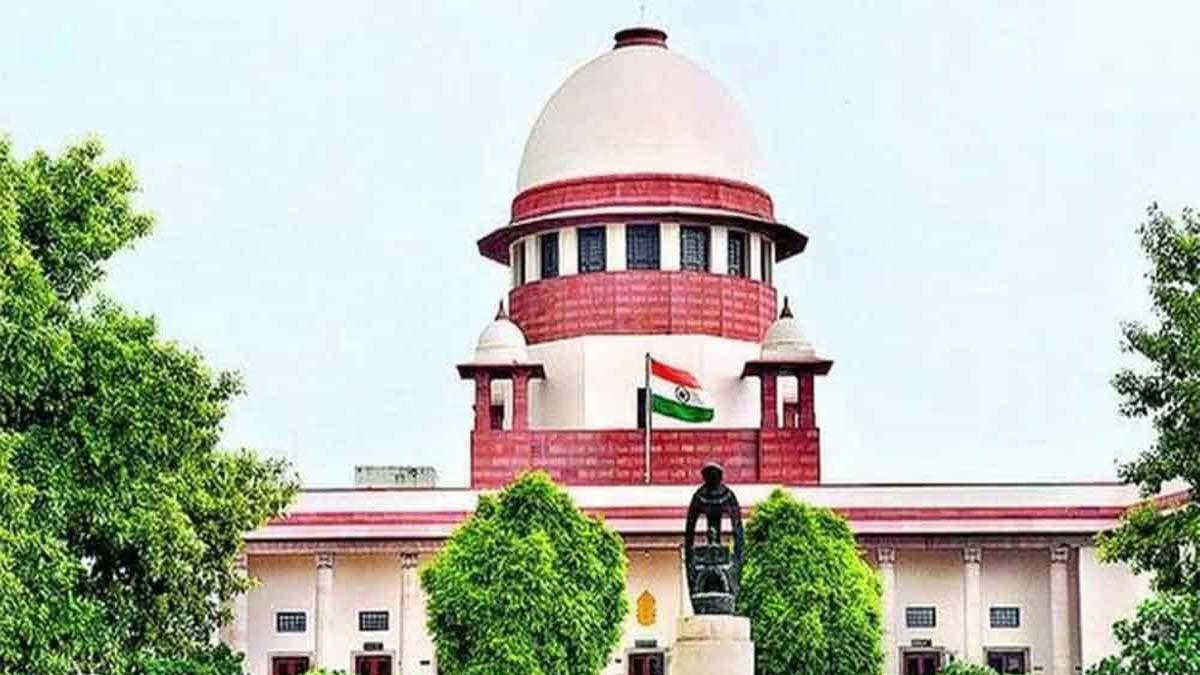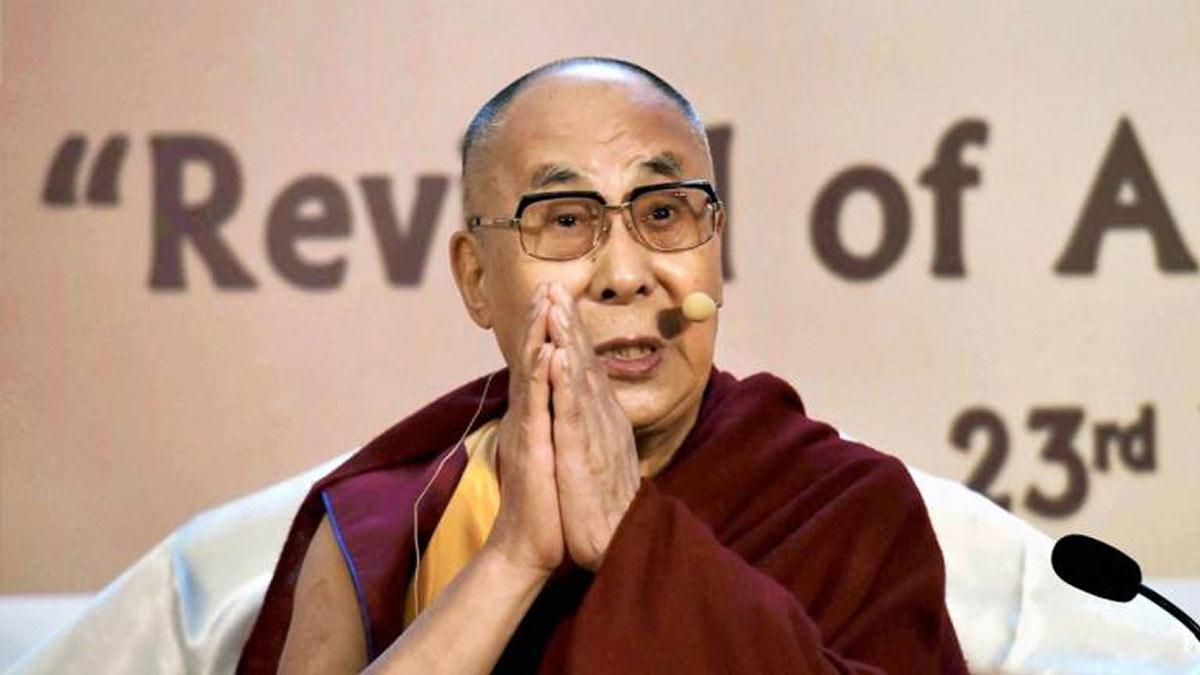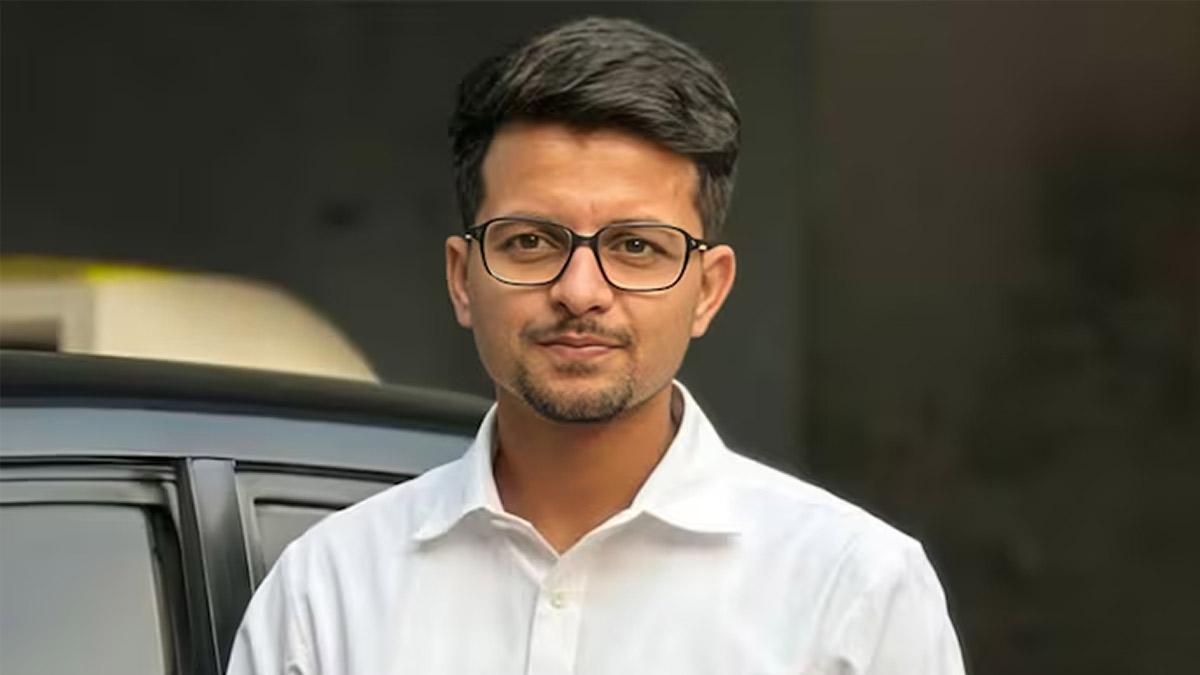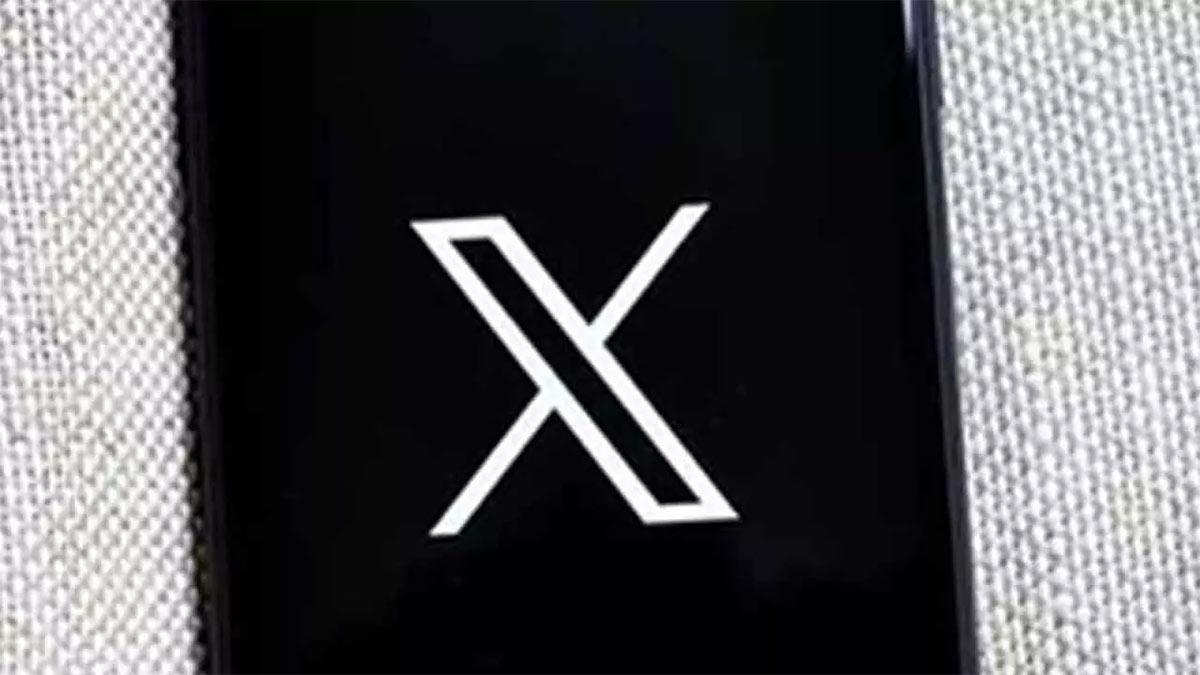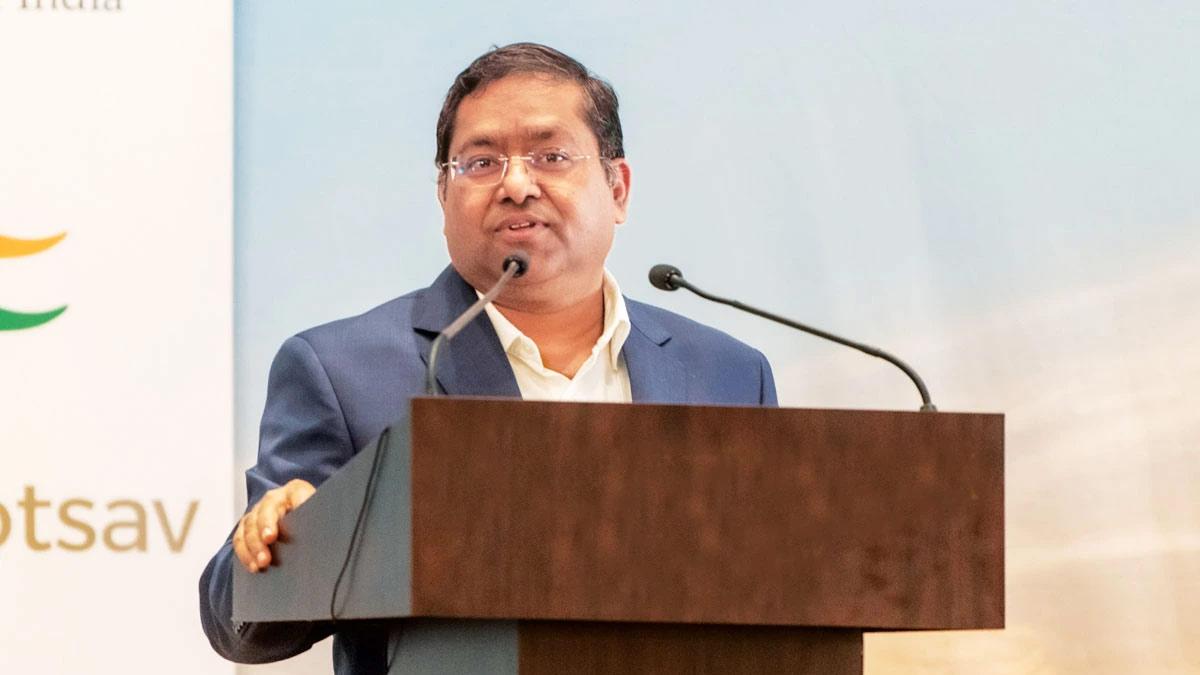On Wednesday, the Supreme Court asked for questions from ED over its contention that an accused cannot ask for all the documents that have been seized during the probe ahead of the trial stage.
Leading the bench, Justice Abhay S. Oka asked Additional Solicitor General S.V. Raju, who appeared for ED, whether an accused, under the PMLA, is entitled to seek such documents for the purpose of bail before the trial commences.
While arguing that an accused can seek documents only when it is shown to be "necessary" and "desirable", ASG Raju warned that giving every document may hamper the investigation. The bench, also comprising Justices Ahsanuddin Amanullah and Augustine George Masih, however, said: "How will he (accused) know which document is necessary and desirable?"
The ED contended that the documents not relied upon can be produced before the accused at the time of trial. They also suggested that while an accused has a right to demand a "specific document," they cannot demand "many documents."
The Supreme Court observed that an accused is entitled for documents for bail and to assess a case and reserved its judgment on whether withholding documents on purely technical grounds is permissible.
The Supreme Court has now fixed September 18 to hear petitions filed against its 2022 judgment delivered in the case of Vijay Madanlal Choudhary where it had upheld the ED's powers of arrest and issued warrants for searches and seizures and attachment of properties under the PMLA.
While allowing the appeal filed by Vijay Madanlal Choudhary & Others against Union of India & Others, a three-judge bench upheld Section 50 of the PMLA granting powers to the ED to summon an accused and record his statement which may be admitted in court. In the judgment pronounced by a bench headed by Justice A.M. Khanwilkar, since retired, the stringent provisions in the PMLA, respecting definition of proceeds of crime, arrest, search and seizure, property attachment and bail conditions have been upheld.
A bench led by then Chief Justice N.V. Ramana then agreed to review the PMLA judgment concerning two main issues: one, not providing a copy of the Enforcement Case Information Report (ECIR) at the time of arrest to the accused and its impact on the presumption of innocence.
A special bench headed by Justice Sanjiv Khanna is dealing with another set of petitions seeking a review of the 2022 PMLA judgment with a prayer for referring the same to a larger bench.
Read also| India's Neighbourhood Relations: A Perpetual Challenge, Says EAM Jaishankar
Read also| SC Rejects Challenge to Constitutional Amendments on GST

